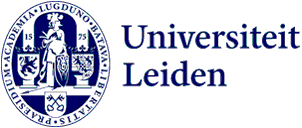
Academia in Motion Festival: ‘We’re in a changing world of academia’
How can we continue to work on an open university culture where everyone’s contribution is recognised and rewarded? Over 120 university staff spoke about breaking academic barriers at the first Academia in Motion Festival in PLNT.

There’s a quick poll during the opening plenary: who currently has questions about Academia in Motion? In the room are over a hundred university staff: academics and support staff, early-career or more experienced, from various faculties, institutes and centres of excellence. Within seconds, nearly every one of them has raised their hand – including the members of the organising team in the front row.
It is no small thing that the topic has sparked the curiosity and interest of the entire university community. This becomes clear from Rector Magnificus Hester Bijl’s welcome speech a little later. ‘Academia in Motion represents a culture change’, she says. ‘And we need our whole community to make that happen.’ She therefore calls on those present to come up with their own ideas and initiatives. ‘As university leaders, we’re not going to spend years in seclusion as we put a plan on paper. We want to do that together with you, through faculty teams, dialogues and pilot projects. And the main thing is don’t be afraid to try: our plans don’t have to succeed at once.’
What are visitors’ takeaways from the festival?
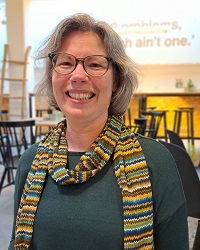
Marjo de Graauw, Assistant Professor of Bio-Pharmaceutical Sciences
‘The focus at the university is often on research, but I felt it was important to attend today because I was keen to contribute from the perspective of teaching. I really liked the roundtable discussion on recognition and rewards in teaching. It was a really open and friendly atmosphere – and Rector Magnificus Hester Bijl being present didn’t stop people from speaking up either. It was definitely useful to learn how other faculties currently recognise and reward their teaching.
‘I am also working on this topic within my own team and faculty. I’ve noticed that my team members sometimes find it difficult to raise issues or submit areas for improvement. They say: “There are probably managers at a higher level who don’t approve of that, so nothing will happen anyway.” With an event like this, you can show that you are actually doing something with staff input. It was stressed several times during the festival that you can always send an email not only about situations that are good but also about ones that are less so. That’s certainly how I see it. If you see something that is not working as it should, report it; submit it as a case study! I hope to be able to motivate my team and remove that barrier for them.’
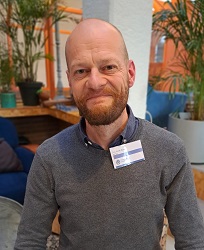
Jan Joost Aten, editor & research communication adviser
‘I felt it was important to be here today because, to my mind, there’s currently not much focus within Academia in Motion on the role of support staff. Yet this group also plays a crucial role in achieving the Recognition & Rewards and Open Science goals. I think the collaboration between academic and support staff could be even more equal and effective. For example, at one of the workshops I attended today, the assumption was that academics have to do their own communication and that this therefore takes a lot of their time. You can do that, of course, but there are lots of staff at the university who can help, at both the faculty and central level. So what struck me was why this isn’t known. That question is something I’ll definitely consider in my own work after this festival.
Enough criticism, otherwise I think it’s really positive that there is such a focus on this movement – and that a good look is being taken at how everyone’s skills and time commitments can be seen and appreciated. If you ask me, there should definitely be more events like this.’
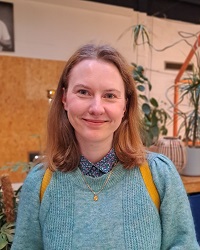
Marta Sienkiewicz, PhD candidate
‘As a researcher, I actually study developments concerning Recognition and Rewards, so I obviously wanted to attend today to learn more about how my own university is contributing to this reform. But besides this, I also feel that the AiM movement is really important and that, as a university, we have quite a clear commitment from our Rector and senior leadership. So now we are at a stage where we need to see what it will mean in practice for people at all levels of our university. How can we turn this commitment into a plan of action?
‘Something that was intriguing to me today was the conversations about the differences between the academic and support staff. It was interesting to consider whether or not these distinctions in categories of staff are productive, and to think about what kind of qualities we want to see in academia as a whole. I think that many qualities that are necessary for us to deliver in research, education and societal relevance in meaningful ways are not necessarily limited to academic job profiles. This is something that I will further reflect upon after today.’
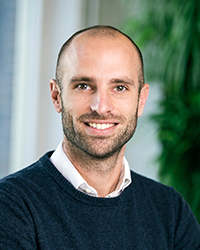
Marcel Belderbos, Head of Research Policy & Impact
‘I truly believe we are in a changing world of academia and that we are starting to look differently at what we perceive as qualities and what it means to be a researcher. What struck me today was that there really was a great deal of positive energy – and a lot less cynicism than at similar meetings a few years ago. People are more likely to embrace the subject. At the same time, I do feel that we still find it daunting to make the leap from general ideas about culture change to the first concrete steps.
‘As well as being head of research policy, I am also on our faculty AiM team, so am trying to do something with this movement at different levels. For example, as a manager, I try to look beyond the boundaries of fixed job profiles when I’m talking to staff. And within the faculty, I am happy to talk about how we can improve our current structure. We are also working hard in the areas of open science and open access. Now we’ve made all that scientific knowledge public, the next step is to ensure that knowledge actually reaches and interacts with society. I hope to do my bit there as well.’
Take action too!
The Academia in Motion (AiM) programme stands for a better balance between education and research. It’s also about finding new ways of recognising and rewarding our employees, and about putting Open Science, collaboration, well-being and leadership at the heart of our work.
If you have questions about Academia in Motion or a great idea you’d like to share, email them to academiainmotion@bb.leidenuniv.nl.
-

Rector magnificus Hester Bijl -

Karlijn Hermans (Open Science) and Cas Henckens (Recognition & Rewards) -
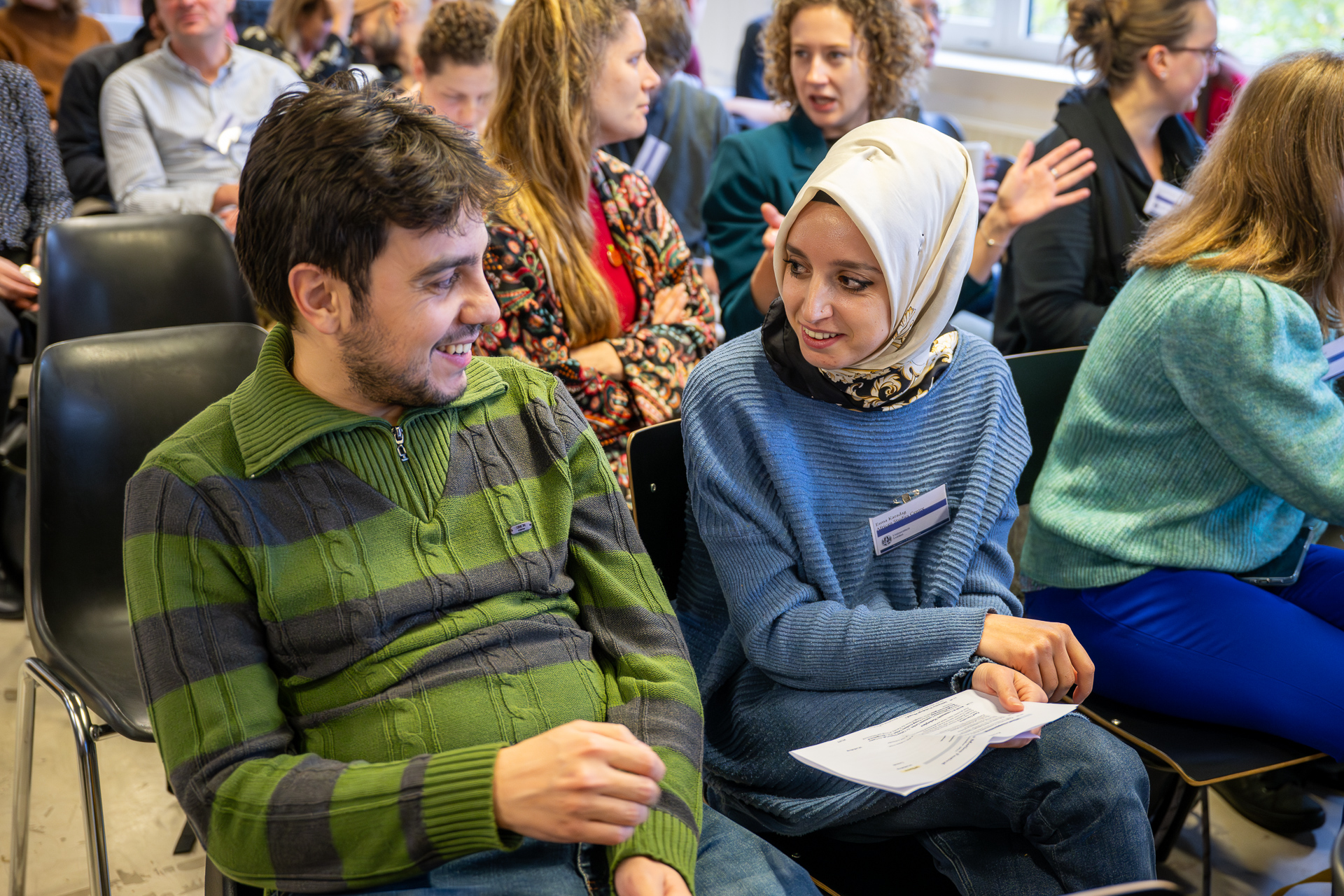
-

-
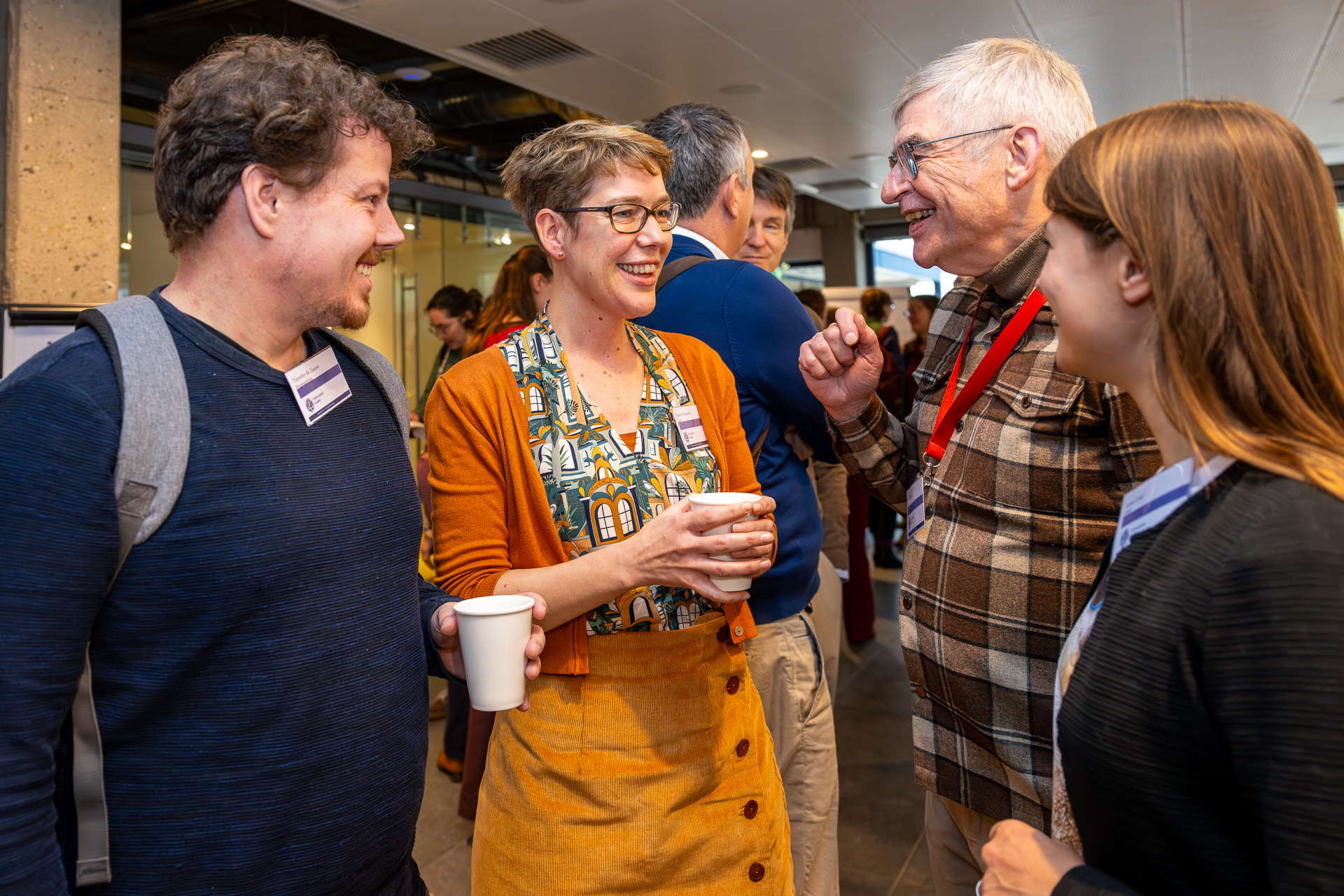
Text: Evelien Flink
Photos: Monique Shaw
